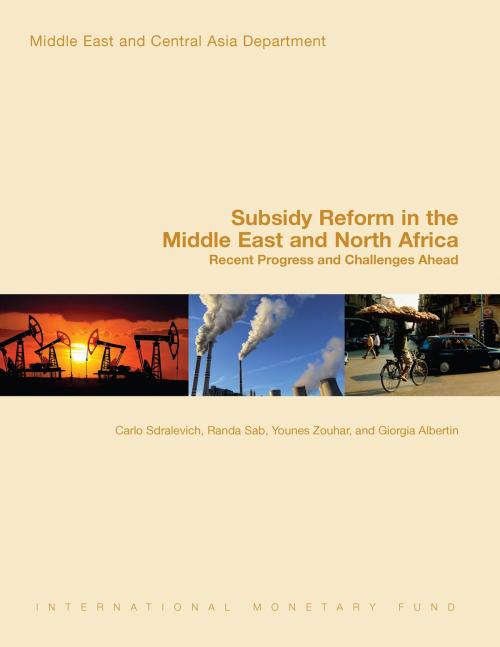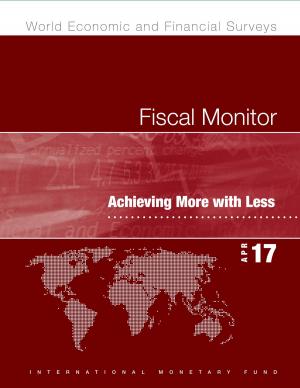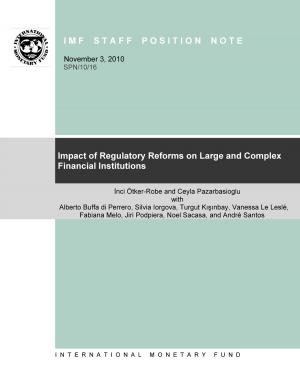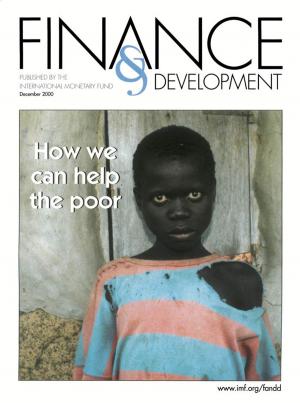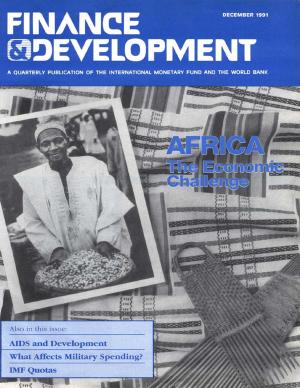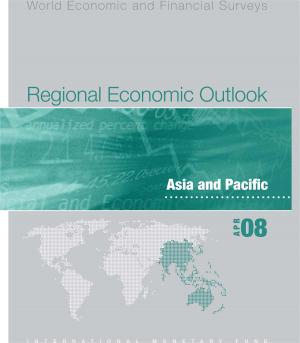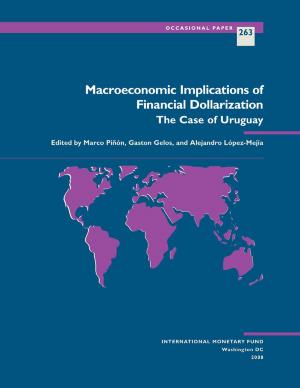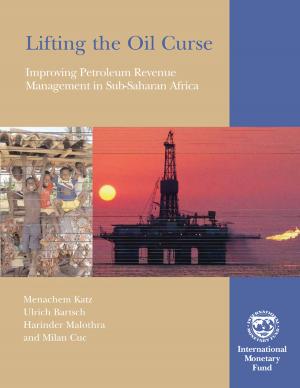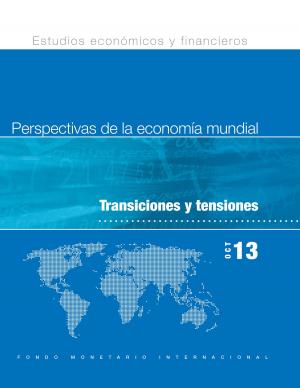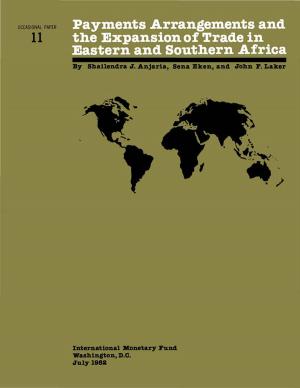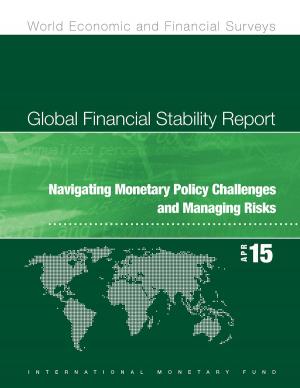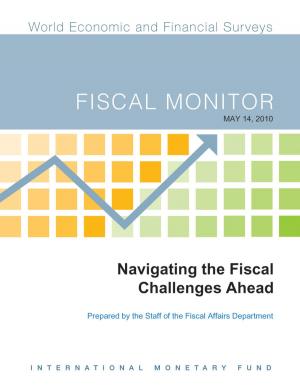Subsidy Reform in the Middle East and North Africa
Recent Progress and Challenges Ahead
Nonfiction, Science & Nature, Technology, Power Resources, Business & Finance, Economics, Macroeconomics| Author: | Carlo A. Sdralevich, Randa Sab, Younes Zouhar, Giorgia Albertin | ISBN: | 9781498348461 |
| Publisher: | INTERNATIONAL MONETARY FUND | Publication: | July 9, 2014 |
| Imprint: | Language: | English |
| Author: | Carlo A. Sdralevich, Randa Sab, Younes Zouhar, Giorgia Albertin |
| ISBN: | 9781498348461 |
| Publisher: | INTERNATIONAL MONETARY FUND |
| Publication: | July 9, 2014 |
| Imprint: | |
| Language: | English |
In the Middle East and North Africa (MENA) countries price subsidies are common, especially on food and fuels. However, these are neither well targeted nor cost effective as a social protection tool, often benefiting mainly the better off instead of the poor and vulnerable. This paper explores the challenges of replacing generalized price subsidies with more equitable social safety net instruments, including the short-term inflationary effects, and describes the features of successful subsidy reforms.
In the Middle East and North Africa (MENA) countries price subsidies are common, especially on food and fuels. However, these are neither well targeted nor cost effective as a social protection tool, often benefiting mainly the better off instead of the poor and vulnerable. This paper explores the challenges of replacing generalized price subsidies with more equitable social safety net instruments, including the short-term inflationary effects, and describes the features of successful subsidy reforms.
